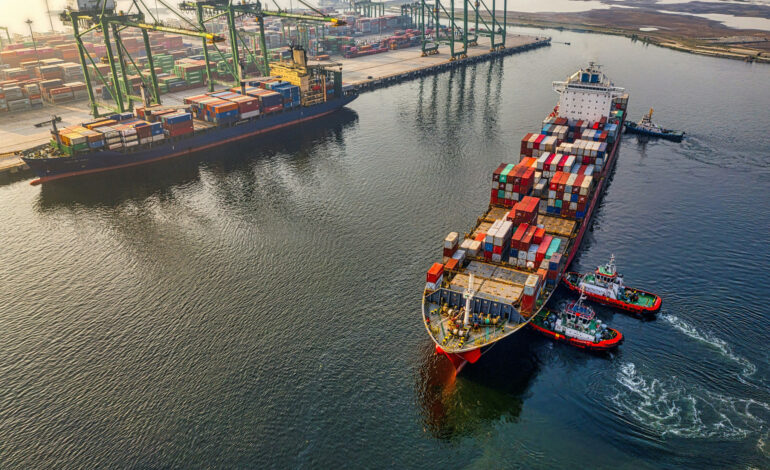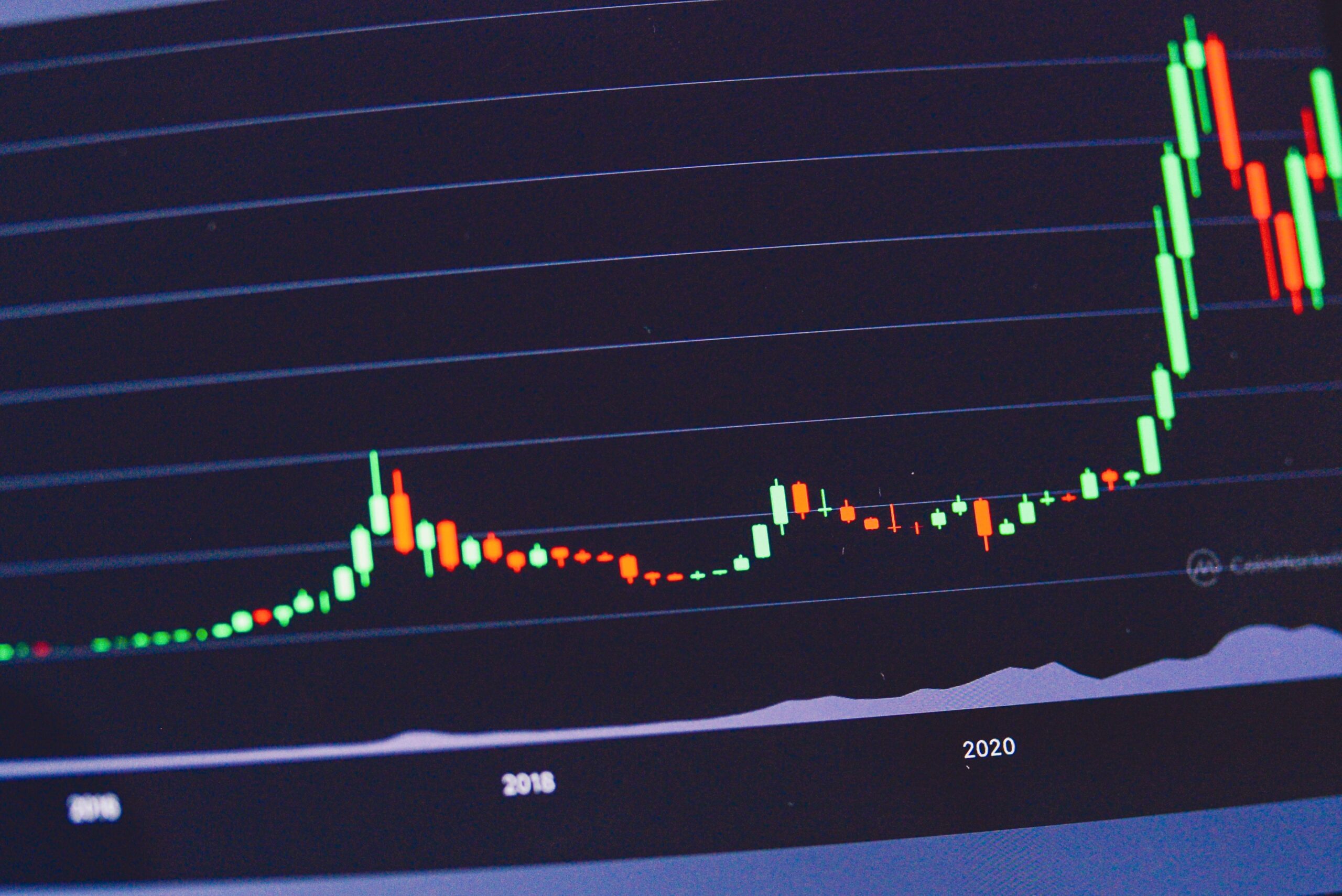
Bunker Fuel Trading and Risk Management
Introduction: Bunker fuel trading is a cornerstone of the global maritime industry, facilitating the supply of fuel to vessels navigating the world’s oceans. However, the volatile nature of the bunker fuel market poses numerous risks to traders, including price fluctuations, supply chain disruptions, and regulatory changes. Effective risk management is essential for bunker fuel traders to navigate these challenges and maintain profitability in a dynamic market environment. This article explores the intricacies of bunker fuel trading and the strategies employed to manage risk effectively.
Understanding Bunker Fuel Trading: Bunker fuel trading involves the buying, selling, and distribution of fuel to vessels for propulsion. Traders operate in a complex market influenced by factors such as global oil prices, supply and demand dynamics, geopolitical tensions, and regulatory changes. Bunker fuel is typically traded through physical supply contracts, where fuel is delivered directly to vessels at ports, or through derivatives such as futures and options contracts traded on commodity exchanges. Traders must carefully analyze market conditions, monitor price trends, and manage logistics to ensure timely delivery of fuel to customers.
Identifying Risks in Bunker Fuel Trading: Bunker fuel trading is inherently exposed to various risks that can impact profitability and operational efficiency. Some common risks include:
- Price Risk: Fluctuations in global oil prices can have a significant impact on bunker fuel trading margins. Traders must monitor price movements and hedge against price risk using financial instruments such as futures contracts or options.
- Supply Chain Risk: Disruptions in the supply chain, such as port closures, adverse weather conditions, or geopolitical tensions, can disrupt fuel delivery and lead to operational delays. Traders must diversify their supply sources, maintain buffer stocks, and implement contingency plans to mitigate supply chain risks.
- Credit Risk: Bunker fuel trading involves transactions with various counterparties, including suppliers, customers, and financial institutions. Traders must assess the creditworthiness of counterparties and implement credit risk management strategies, such as credit insurance or letters of credit, to minimize the risk of default.
- Regulatory Risk: Changes in environmental regulations, such as sulfur emissions limits or carbon pricing mechanisms, can impact the demand for bunker fuel and require traders to adapt their business strategies accordingly. Traders must stay abreast of regulatory developments and incorporate compliance measures into their risk management framework.
Strategies for Risk Management: Effective risk management is essential for bunker fuel traders to mitigate exposure to market volatility and safeguard against unforeseen events. Some key strategies include:
- Hedging: Traders can hedge against price risk by entering into futures contracts or options contracts to lock in prices and protect against adverse price movements.
- Diversification: Diversifying supply sources, customer base, and geographic regions can reduce dependency on specific markets or counterparties and mitigate supply chain and credit risks.
- Data Analytics: Leveraging data analytics and market intelligence tools can provide valuable insights into market trends, price movements, and supply-demand dynamics, enabling traders to make informed decisions and anticipate risks.
- Compliance and Regulatory Monitoring: Monitoring regulatory developments and ensuring compliance with environmental regulations are critical for managing regulatory risk. Traders must stay informed about changes in regulations and adapt their trading strategies accordingly.
Conclusion: Bunker fuel trading is a complex and dynamic market characterized by inherent risks and uncertainties. Effective risk management is essential for traders to navigate market volatility, safeguard against unforeseen events, and maintain profitability. By identifying risks, implementing robust risk management strategies, and staying abreast of market developments, bunker fuel traders can mitigate exposure to risk and capitalize on opportunities in the ever-evolving bunker fuel market.





